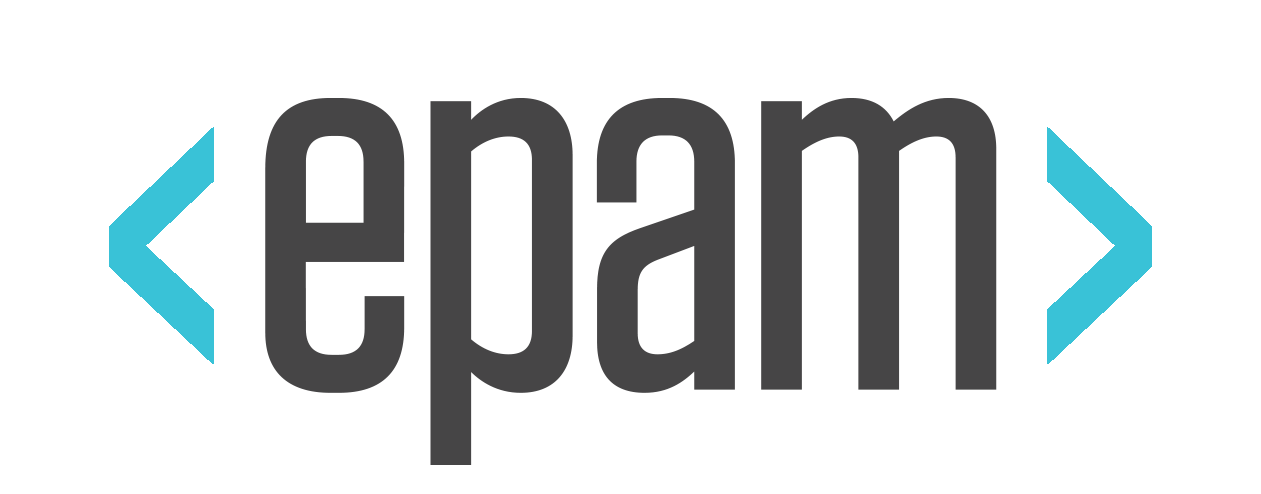Stretch 2017 is over but slides and videos are available in the Speakers section. Enjoy!
This year we will focus on Change.
This is a hot topic considering the unprecedented new things in technology, environment, and business. Change is
a huge leadership challenge for individuals, teams and organizations.
"Change will never be as slow as it is today" - this year's Stretch conference will be a perfect time to
spend two days and prepare for the future with topics such as:
- How to address the challenges of today by developing self, teams and organizations?
- How to enable organizations to be constantly ready for change?
- How to encourage continuous change and improvement through experimentation and empowerment?
- How can middle management chew and interpret high level strategy to bring everyone on-board with the
vision (eg. portfolio / company size / structure / culture change)?
- How to embrace failure as part of the change journey?
- How to rebuild teams after a crisis?
- How to become a change
agent / catalyst / driver?
- What structures, methods, ceremonies fit best with the context of change?
- How can we can we utilize the latest big data and neuroscience research to enable our organizations and
individuals to change?
- What kind of successful product building strategies (eg. Lean Startup, Design Thinking, Design Sprint)
have emerged in this environment?
- What new company types are appearing?
- How to deal with people and management changes (fluctuation)?
We will aim to invite speakers to cover these topics.
Join us in Budapest, Hungary this December and get inspired by stories from leaders in great organizations as they talk about the challenges of leadership. Come to learn from the best and STRETCH yourself!
schedule
| 08:00-09:00 | Registration and breakfast |
| 09:00-09:30 | Opening |
| 09:30-10:15 | Daniel Walsh: Change isn’t complicated...it’s COMPLEX |
| 10:15-11:00 | Péter Halácsy: I don’t want to change people anymore |
| 11:00-11:20 | Break |
| 11:20-12:05 | Móni Barta: The Psychology of Changes |
| 12:05-12:50 | Łukasz Aziukiewicz: Games Developers Play |
| 12:50-14:20 | Lunch |
| 14:20-15:05 | Edward Robe: Ego Down - Eliminating pride from criticism, the Army way |
| 15:05-15:50 | Joakim Sundén: You can do better than the Spotify Model |
| 15:50-16:10 | Break |
| 16:10-16:55 | Rita Veres: Shock to the system – digitally disrupted culture |
| 16:55-17:40 | David McQueen: Encouraging diversity vs. Positive discrimination |
| 17:40-23:00 | Dinner & Party |
| 08:00-09:15 | Registration and breakfast |
| 09:15-10:00 | Mary Lynn Manns: Fearless Strategies for Making Change Happen |
| 10:00-10:45 | Csaba Császár: Pages from a change agent’s diary |
| 10:45-11:05 | Break |
| 11:05-11:50 | Jasmine Zahno & Joseph Pelrine: On psychological safety, intelligent teams, and other cool psychology buzzwords that Agilists are throwing around |
| 11:50-12:40 | John Le Drew: Swearing, nudity, and other vulnerable positions |
| 12:40-14:10 | Lunch |
| 14:10-14:55 | Evan Leybourn: Domains of Business Agility |
| 14:55-15:40 | Davor Pukšić: Open Source Your Culture |
| 15:40-16:00 | Break |
| 16:00-16:45 | Kevin Goldsmith: Fail Fast, Fail Smart... Succeed! |
| 16:45-17:30 | Simon Wardley: Crossing the River By Feeling the Stones |
| 17:30-17:45 | Closing |
speakers
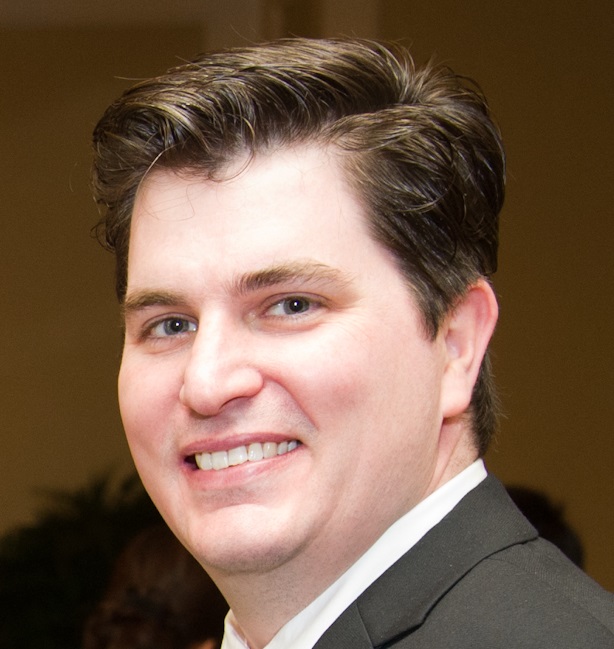
- Daniel Walsh
- nuCognitive
Thursday 09:30-10:15
Change isn’t complicated...it’s COMPLEX
Organizations need more than a set of recipes and so called ‘best practices’ to affect change and fundamentally transform their culture. The Cynefin Framework is a transformational concept that uses a situational approach to ensure effective work, decision making, and management in environments with various degrees of uncertainty and strategic foresight. While many change agents readily embrace adaptive approaches, Cynefin explains why adaptive methods and resilient approaches work well in complex, uncertain environments. The Cynefin Framework helps leaders and change agents to effectively tailor methods and practices for different situations. Methods and practices based on complexity theory can help organizations harness change and turn complex situations into a competitive advantage for employees, customers, and the business.
Outline:
- Why change is complex
- Overview of the Cynefin Framework
- Characterizing change across different Cynefin domains
- Explain why many aspects of change are complex not complicated
- Heuristics for working with complex change (e.g. manage in present, small bets, nudges, simple rules, disintermediation, distributed cognition)
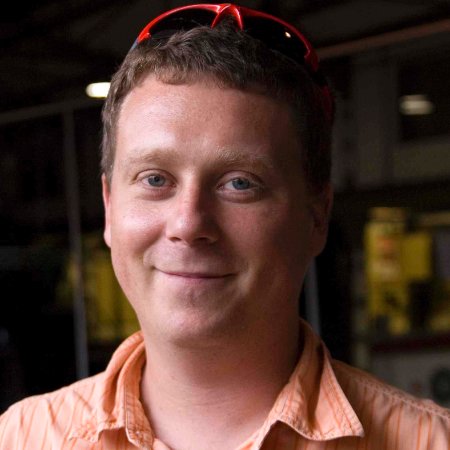
- Péter Halácsy
- Prezi
Thursday 10:15-11:00
I don’t want to change people anymore
I tried. I tried to change people but they didn’t get my point. They just got angry at me, they resisted, pushed back, and got defensive. And it makes sense. The harder you push a system the harder it will push back. All living organisms (humans, companies, societies) are resistant to change, that’s why they are alive.
So what if we forget about wanting to change in people. Instead let’s connect to people to help them achieve what they want.
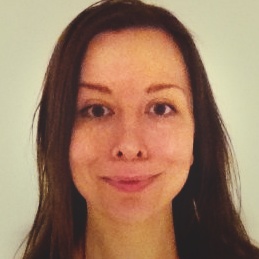
- Móni Barta
- Invention Factory Development
Thursday 11:20-12:05
The Psychology of Changes
Change might be easy once and difficult another time. Change is smooth in certain areas of life, but seems to be impossible in others. It can be long-lasting, or short-lived, when everything goes back to the usual track, no matter how hard we try.
What explains all these differences? Where are the hidden elements of our change processes which, when revealed, could help us to go through the changes we desire - the way we desire? Using the unique ORGANOCO change support method, this session opens some new doors. You will learn here surprising and useful perspectives on how changes work in the human systems, on personal and team-levels too.
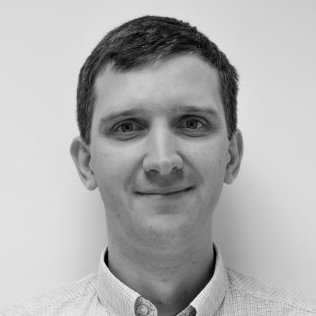
- Łukasz Aziukiewicz
- STX Next
Thursday 12:05-12:50
Games Developers Play
Have you ever worked with a person who is always late for work/daily scrum, but later apologizes and everyone seems to forgive him? This loop of apologies and forgiveness can last for a very long time with no hope of ever getting out of it, perhaps even without noticing that something is not right. On a psychological level this might be a so-called game and is usually not a sign of healthy communication. During the session, you will learn more about such games I’ve observed among development teams as well as the psychological theory behind them. This should allow you to spot them more easily and react to them more appropriately improving the overall communication quality in your team and/or company.
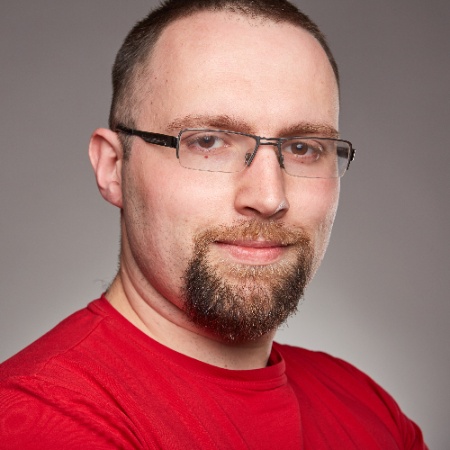
- Edward Robe
- Binary Studio
Thursday 14:20-15:05
Ego Down - Eliminating pride from criticism, the Army way
How do you get a bunch of Type-A alpha males to make and accept constructive criticism of their ideas when lives are on the line? This is a conundrum that the U.S. military solved long ago - and the lessons learned can be applied to any sphere of business, big or small.
The U.S. Army is not exactly known as an institution of innovation - most military organizations aren’t! Yet time and again, history has shown that the general who adapts quickly and effectively on the battlefield will consistently defeat an enemy who refuses to change their tactics and strategy. So how does one manage that level of flexibility and resourcefulness when you have such a strict hierarchy and willful personalities? Through careful processes and planning that have been perfected over the decades. In this presentation, I will discuss some of the basic strategies the U.S. military uses in their struggle to keep a notoriously bureaucratic institution as lean and adaptable as possible, and how these methods can be applied to make even the most headstrong business management team learn new techniques and methodologies in their quest for success.
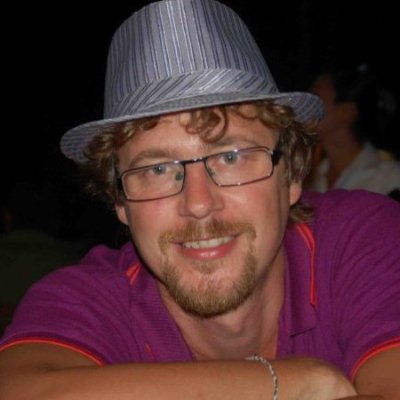
- Joakim Sundén
- Crisp AB, ex-Spotify
Thursday 15:05-15:50
You can do better than the Spotify Model
Let's put aside the 'bubblegum and unicorns' of the Spotify Engineering Culture videos and talk about what doesn't quite work at Spotify, and how we're trying to solve it. This is a failure/learning report intended for coaches and other change agents who need encouragement that it's always hard AND it's always possible to improve.
Go to Workshop
- Rita Veres
- Aon Hewitt Hungary
Thursday 16:10-16:55
Shock to the system – digitally disrupted culture
We have to redefine what it means to lead and engage people in the future. In an exponentially changing world we have to get ready to challenge our old paradigms and find a way to engage the hearts and minds of our people. Meanwhile a new framework of organizational culture is forming and new behaviours and habits need to be built. Our mission is truly amazing but not impossible.
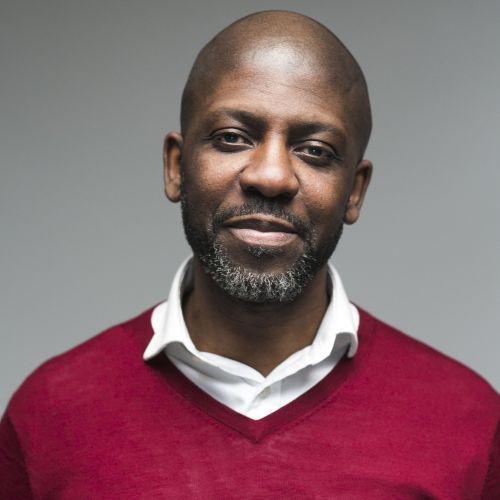
- David McQueen
- Narratively
Thursday 16:55-17:40
Encouraging diversity vs. Positive discrimination
Across the business world organisations are being encouraged to take a more diverse approach to how they recruit and retain staff. As companies serve increasingly global audiences which bring their own challenges around customer service and satisfaction, people want to see themselves in the companies they buy from.
The challenge in recruiting employees from more diverse backgrounds is finding that balance between positive action as opposed to positive discrimination, and looking at diversity as a solution rather an as a problem to be solved.
In this keynote David uses cases studies to show how diversity affects product and service development and offers insights how leaders can shape their
company cultures by paying attention to what works.
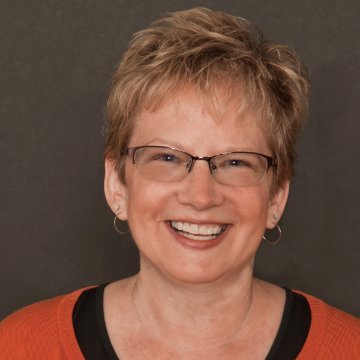
- Mary Lynn Manns
- University of North Carolina at Asheville
Friday 09:15-10:00
Fearless Strategies for Making Change Happen
Everyone has ideas! But even the best ideas and plans can be difficult to execute if “powerless leaders” do not understand how to guide people through the process of change. Mary Lynn Manns, co-author of Fearless Change (2005) and More Fearless Change (2015), will help you understand the reaction of others during times of change and will summarize some specific strategies that will help you address resistance and encourage people to become so interested and involved that they want to change.
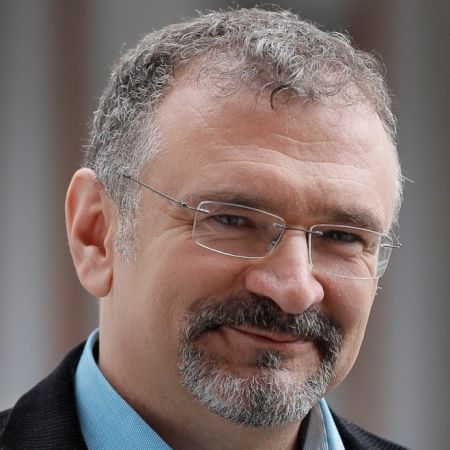
- Csaba Császár
- OD Partner
Friday 10:00-10:45
Pages from a change agent’s diary
Working as an external change consultant is great fun, a profitable business (most of the time) and a source of great learning opportunities (aka failures). In this talk I want to discuss the dilemmas I faced as a consultant and also share some of the concepts that supported my work with our clients. Let’s talk as one change agent with the other about some critical topics, like:
- The best diagnostic tool we have as change agents is ourselves. How to “use” it then, while still staying in our role?
- It sounds nice and true that in change processes the personal-team-organizational-larger system levels strongly interact and influence each other. How to remain focused without losing the complexity? (or vice versa)
- Changing together as an organization or team requires trust, connectedness and empathy and also clear boundaries, decisions and actions. How to apply both without compromising any of them?
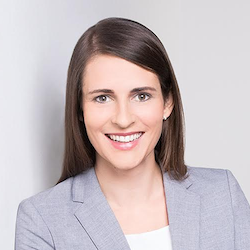
- Jasmine Zahno
On psychological safety, intelligent teams, and other cool psychology buzzwords that Agilists are throwing around
Are you interested in learning how to make your team become smarter and work better together?
The concepts of intelligent teams and psychological safety are currently hot topics in the agile world, with numerous blog posts and conference presentations about them appearing. Like most psychological topics, though, they go much deeper than most blog posts and conference presentations would suggest.
In this talk, we’ll take a look behind the scenes at the psychological research on team intelligence and psychological safety, exploring not only how they are tested, but also discussing how they can be trained. You’ll learn some simple and fun techniques that you can use to help your team improve. Along the way, we’ll also do some myth-busting on things like 7 plus/minus 2 and the Tuckman model.
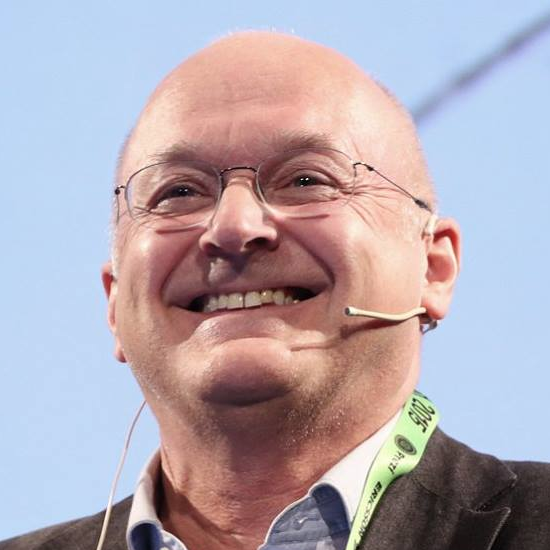
- Joseph Pelrine
On psychological safety, intelligent teams, and other cool psychology buzzwords that Agilists are throwing around
Are you interested in learning how to make your team become smarter and work better together?
The concepts of intelligent teams and psychological safety are currently hot topics in the agile world, with numerous blog posts and conference presentations about them appearing. Like most psychological topics, though, they go much deeper than most blog posts and conference presentations would suggest.
In this talk, we’ll take a look behind the scenes at the psychological research on team intelligence and psychological safety, exploring not only how they are tested, but also discussing how they can be trained. You’ll learn some simple and fun techniques that you can use to help your team improve. Along the way, we’ll also do some myth-busting on things like 7 plus/minus 2 and the Tuckman model.
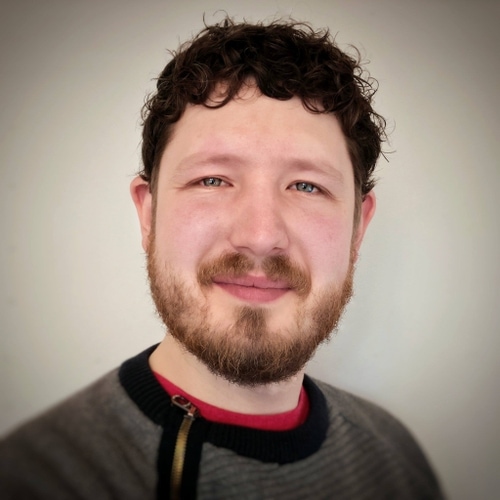
- John Le Drew
- Wise Noodles
Friday 11:50-12:40
Swearing, nudity, and other vulnerable positions
Over 3 months John recorded over 75 hours of interviews and spoke to some of the most respected people in the industry to produce an audio documentary that attempts to answer the question “What is safety? And why is it important anyway?”
This highly interactive talk will present the findings and guide and challenge you through a journey to understanding safety. Including short interactive sessions and role play exercises to cover the following topics:
- What is safety?
- What are the elements that make a team effective?
- Is psychological safety the foundation to team performance?
- What can we all do to help foster psychological safety in our teams?
- What is the relationship between safety, stress and engagement?
- What is the profound impact of a lack of safety and engagement on society?
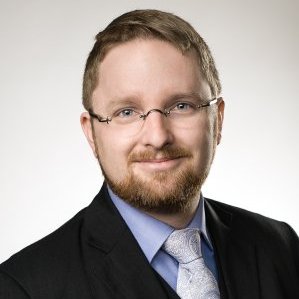
- Evan Leybourn
- Business Agility Institute
Friday 14:10-14:55
Domains of Business Agility
Traditional business models are struggling to keep up with the needs of the modern economy. While business has never been predictable, technological and cultural change is occurring at faster rates than ever before. In this climate, modern enterprises live or die on their ability to adapt – which is where Business Agility comes in. Business Agility provides a context for organisations to embrace change; changing how to think, changing how to work and changing how to interact.
Whether you’ve heard of Holacracy or Teal Organisations; it seems that lean and agile business models are gaining interest across different business sectors. This presentation will provide engaging and enlightening stories of business agility; from lean startups to large enterprises. These will be reinforced with practical approaches for the design and leadership of teams, divisions and businesses across the domains of the business agility model.
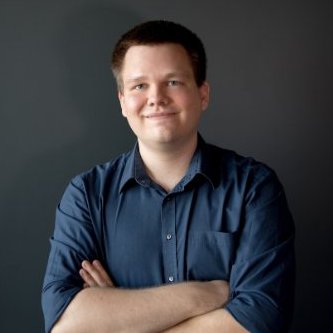
- Davor Pukšić
- Trikoder
Friday 14:55-15:40
Open Source Your Culture
Maintaining great organizational culture is one of the most prominent challenges modern IT companies and Startups face. With exponential growths that some companies go through it is tough sharing the vision, while having motivated and engaged employees. On the other hand, open source projects bring people together, and foster sharing and collaboration. Who wouldn't want their teams to apply that to their daily work?
In this talk I'll talk about maintaining your organizational culture as an open source project. Setting up the culture bottom-up and having everyone participate is the key for greater acceptance and easier onboarding of new employees.
- Want to update how things are done? Make a commit.
- Not sure if the company would benefit from a change? Ask for peer review.
- Ready to make a change? Make a merge request.
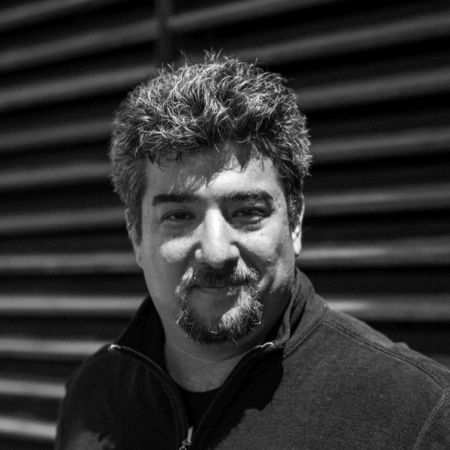
- Kevin Goldsmith
- Avvo
Friday 16:00-16:45 via videolink
Fail Fast, Fail Smart... Succeed!
Software development has been evolving. When I started in the industry, working at companies like Microsoft, we would bet many person-years of development and many millions of dollars into the development of products that would sometimes be hits and sometimes be total duds. We were building blind. This blindness was partly due to our waterfall processes, but also to how software distribution and marketing worked then. A flop for a smaller company could mean the end of the line. The cost of failure was incredibly high. Over the years, we learned how to take some of that risk out by switching to agile software development and now Lean. Working this way we can learn quicker, and take smaller risks. However, there are other things we can do in how we architect our software or roll it out that can also reduce the technical and product risk and help us fail smarter and learn faster. In this keynote, I speak about my experiences building waterfall products at Microsoft, building agile and lean at Adobe, Spotify, and Avvo; and I give real architectural, cultural and organizational tools you can use to make your projects and company more failure safe.
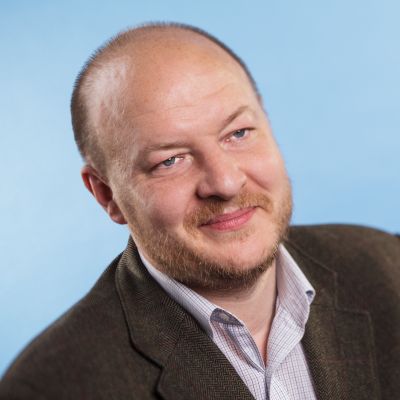
- Simon Wardley
- Leading Edge Forum
Friday 16:45-17:30
Crossing the River By Feeling the Stones
Deng Xiaoping once described managing the economy as crossing the river by feeling the stones—in other words have a direction but be adaptive. But in a world of constant change, how do you determine the right thing to do? Which pebble to tread on? How do you understand where you’re going and where you need to go? How do you know if your strategy is right? Is there even such a thing?
Simon Wardley examines the issue of situational awareness and explains how it applies to technology. Using examples from government and the commercial world, he explores how you can map your environment, identify opportunities to exploit, and learn to play the game.
workshops

- Resilience for change
- with Éva Rambala
Do we agree the only NON-changing “thing” in our life is death?
Would you like to have more inner clarity, when to be flexible and when to remain stable?
Would you like to improve your ability to implement the constant change of life into your everyday language?
If yes, you are welcome to this program.
Practicing Nonviolent Communication can help each of us to find out when to be flexible or not.
WHERE WE ARE GOING TO LOOK AT:
- How to be honest, when someone did something I didn’t like, in a form, I enrich our connection.
- How to hear the other motives behind the words?
- When is understanding enough and when is it important to agree?
- How to receive criticism in a way that can make me stronger.
What is Nonviolent Communication (NVC):
- NVC is an approach to interpersonal communication that allows its practitioners to communicate much more effectively in any context.
- Its simple model draws attention to the cause of all human behaviour: need fulfilment. This focus generates powerful tools for dealing constructively with the many challenges that arise whenever humans organise to get something done.
- Practiced in more than 70 countries, NVC has been taught for 35+ years to groups as varied as diplomats, businesspeople, teachers, and police officers, with recognised immediate positive results.
About Éva Rambala:
- Vast experience: over the last 15 years Eva has delivered 2000+ workshop days of Nonviolent Communication training in 35+ countries. Prior to her career as a trainer, Eva acquired 10 years of business experience.
- Flexibility: In addition to large and small businesses clients, Eva has clients in the world of education (kindergarten through to university), NGOs, government services (hospitals, prisons, and orphanages), and Civil society (Christian communities).
- Recognised authority: Eva began her NVC career by working closely with Marshall Rosenberg, the inventor of this method, for five consecutive years. She went on to give popular “train the trainer” programs.
When 6th December 2017

- Agile at Scale, Inspired by Spotify
- with Joakim Sundén
How do you build an organisation that enables agile at scale and unleashes the power of small autonomous teams? After workshop you will have plenty of examples and inspiration from how Spotify grew a dynamic learning organisation that continually reinforces a high-trust culture and supports engaged autonomous teams.
“The Spotify Model” of agile at scale has been getting a surprising amount of attention in the agile community since it was first shared widely in 2012. The Spotify Engineering Culture videos have more than 500 000 views. It was never intended as a framework or a model, it was just a case study of the Spotify way of working at the time. That has not stopped a large number of organizations from copying or imitating the model, often without understanding what it was optimized for, what challenges it comes with or how Spotify has adapted and continued to evolve in the five years since.
During this training you will gain a deep and wide knowledge of how Spotify works under the hood. With this deeper understanding you will be able to see more options on how to improve your organisational design with regards to your context and boundaries. You will learn why Spotify made the decisions they made, what other options were considered, which changes were intentional and which ones were emergent, and so on.
We will explore the underlying principles as well as go into specific practices and mechanisms. You will learn how Spotify combines small autonomous teams with strategic business alignment. How Spotify works with leadership and growing leaders. Which values and beliefs shape their culture. And much much more.
Example topics covered:
- The history of Spotify
- How to build great autonomous teams (a.k.a. Squads)
- Organisational structure to support the squads (Chapters, Tribes and Guilds)
- The Spotify Rhythm & OKRs (Cross team, strategic business alignment and prioritization)
- Team and Tribe leadership
- Roles and responsibilities
- Culture, principles and values
- Sharing and spreading knowledge
- Transparency and communication
- Challenges, lessons learned and failed experiments
Goals
The goal of this workshop is to provide tangible examples of how to create a great place to work that enables agile at scale. Participants will leave inspired with ideas on how to improve their organization to better engage employees and leverage the power of autonomous teams.
This course is for…
- Progressive leaders and managers
- Agile Coaches, Scrum Masters, Product Managers, Project Managers and Agile Practitioners
- Organisational change agents, consultants and HR
Prerequisites
Basic knowledge in Agile principles and practices, e.g., experience with Scrum, will help you better understand some of the content.
When 6th December 2017

- Introduction to Cynefin and Complexity
- with Daniel Walsh
Level up your skills, network with peers, and learn about a situational-based approach to leading and managing teams with this unique workshop.
As our world becomes increasingly volatile, uncertain, and complex - many traditional methods that worked well in the past are failing. Every day we have to make important decisions with imperfect data and limited situational awareness. In order to improve our chances for success, we need to understand the context we are working with in order to take appropriate action. Failing to recognize the nature of the situation at hand results in misinformed decisions with potentially catastrophic consequences.
Have you ever wondered why some approaches work well in one context and not so well in others? Leaders at all levels need more than a set of recipes and so called ‘best practices’ to affect change and fundamentally improve problems, processes, and culture. Cynefin is a sense-making framework that helps people understand their context and situation in order to take appropriate action. This session introduces the framework, which enables a better understanding of systems, how they differ, and how to correctly approach actions depending on the context of the situation. As a sense-making framework it focuses on how people perceive and make sense of situations in order to make decisions across a variety of contexts.
The Cynefin framework has five domains to characterize a situation and advise leaders on acting in ways appropriate to the context. The Cynefin framework can be used to select heuristics appropriate for the environment rather than defaulting to a single, one-size-fits-all approach. Heuristics, or rules of thumb, are anything that provide a plausible aid or direction in the solution of a problem. All heuristics work by exploiting the structure of an environment, so heuristics work well in some environments and less well (or not at all) in others. We need to understand why and where methods and practices work - and where they don’t - in order to adopt, tailor, use, and improve them.
Learning Outcomes:
The framework helps leaders and change agents to effectively tailor methods and practices for different situations and context. Methods and practices based on complexity theory can help organizations harness change and turn complex situations into a competitive advantage for employees, customers, and the business. By the end of the session, participants should be able to:
- describe what heuristics are and why they work
- describe the Cynefin Framework
- use the Cynefin framework to identify and select heuristics
- deal effectively with inherently uncertain situations
- find additional information for continued learning
Optional Pre-Work:
A Leader’s Framework for Decision Making
Workshop Overview
- Introduction to heuristics and why they work
- Introduction to the Cynefin Framework
- Characteristics of complex adaptive systems
- Heuristics for managing complex adaptive systems
- Cynefin dynamics
Participants will also experience and learn several practical techniques to break silo mentalities, disrupt entrenched thinking, and cope with cognitive limitations and bias. This may include…
- The Butterfly Stamped and Cynefin Contextualization - a sense-making method for characterizing and leading in different situations
- the Future Backwards - great technique to kick off new projects or teams, goal setting, release planning, retrospectives
- Safe-to-fail intervention design - a new way to think about and approach experiments in dynamic and constantly evolving environments
- Ritual Dissent - a method for disrupting cognitive bias through rapid iteration and creating a safe environment for critical feedback which is essential for effective solutions
Who Should Attend the Course?
This training is designed for product managers, designers, developers, technologists, project managers, coaches, consultants, devops, people managers, architects, and anyone else that works in constantly-evolving and dynamic situations. People who regularly deal with high-
When 6th December 2017
tickets
Location
Budapest is closer than you think
only a short flight away
Conference venue
Uránia Film Theather See it on a map
Uránia Film Theather is located in the centre of Budapest. It was built in the 1880s as a music and dance hall. The building is a combination of Eastern Moorish and Venetian Gothic styles. It was first used as a movie theatre in 1899, when the Uránia Scientific Society hosted a presentation here, illustrated with moving pictures. The name Uránia has been used ever since.
Uránia is not only a beautiful building but an important landmark too - this is where the first independent Hungarian feature film was shot in 1901, and where the first film screening was held after World War II. Today, Uránia is a showcase for Hungarian film, hosting several film festivals and cultural events.
Sponsors
Stretch is a non-profit conference. We are looking for sponsors who want to help us make this conference happen.
Take a look at our sponsor
packages and contact us at
[email protected]
contact
Contact us if you have a question at [email protected]
Stretch Conference is organized by
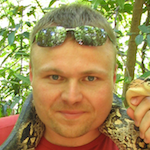
- Gergely Hodicska
- Program committee
IBM Budapest Lab

- Kinga Fekete
- Program committee
Prezi

- Gizella Érsek
- Program committee
Ericsson
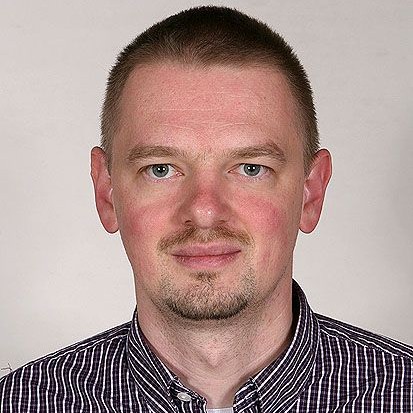
- László Csereklei
- Program committee
IBM Budapest Lab
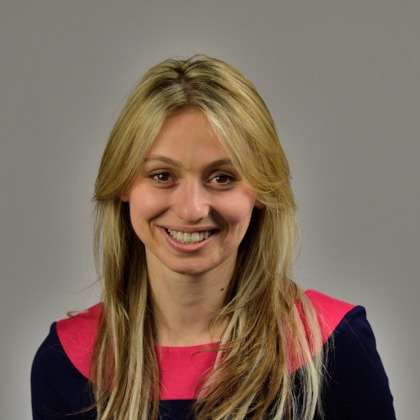
- Medea Baccifava
- Event organizer
Prezi
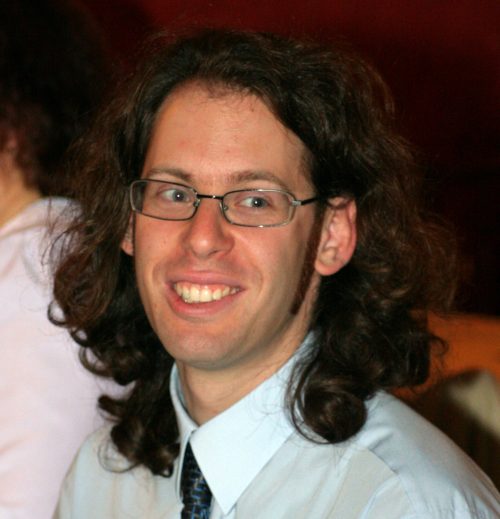
- Bálint Köves
- Program committee, SPoC
Ericsson
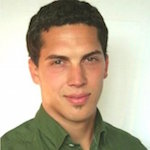
- Attila Balogi
- Event organizer
Prezi

- Dorina Szabadi
- Event organizer
Prezi
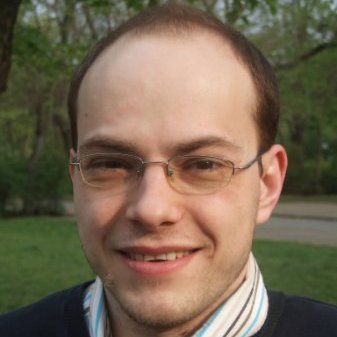
- Bálint Farkas
- Program committee
LogMeIn

- Katalin Marosvölgyi
- Travel and accommodation management
Prezi
Code of Conduct
TL;DR: Be excellent with each other
All attendees, speakers, sponsors and volunteers at our conference are required to agree with the following code of conduct. Organizers will enforce this code throughout the event. We are expecting cooperation from all participants to help ensuring a safe environment for everybody.
The Quick Version
Our conference is dedicated to providing a harassment-free conference experience for everyone, regardless of gender, age, sexual orientation, disability, physical appearance, body size, race, religion (or lack thereof), color, national origin or genetic information. We do not tolerate harassment of conference participants in any form. Sexual language and imagery is not appropriate for any conference venue, including talks, workshops, parties, Twitter and other online media. Conference participants violating these rules may be sanctioned or expelled from the conference without a refund at the discretion of the conference organizers.
The Less Quick Version
Harassment includes offensive verbal comments related to gender, age, sexual orientation, disability, physical appearance, body size, race, religion, color, national origin, genetic information, sexual images in public spaces, deliberate intimidation, stalking, following, harassing photography or recording, sustained disruption of talks or other events, inappropriate physical contact, and unwelcome sexual attention.
Participants asked to stop any harassing behavior are expected to comply immediately.
Sponsors are also subject to the anti-harassment policy. In particular, sponsors should not use sexualised images, activities, or other material. Booth staff (including volunteers) should not use sexualised clothing/uniforms/costumes, or otherwise create a sexualised environment.
If a participant engages in harassing behavior, the conference organizers may take any action they deem appropriate, including warning the offender or expulsion from the conference with no refund.
If you are being harassed, notice that someone else is being harassed, or have any other concerns, please contact a member of conference staff immediately. Conference staff can be identified as they'll be wearing branded t-shirts.
Conference staff will be happy to help participants contact hotel/venue security or local law enforcement, provide escorts, or otherwise assist those experiencing harassment to feel safe for the duration of the conference. We value your attendance.
We expect participants to follow these rules at conference and workshop venues and conference-related social events.
